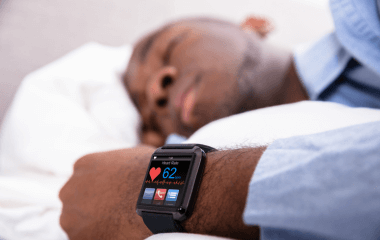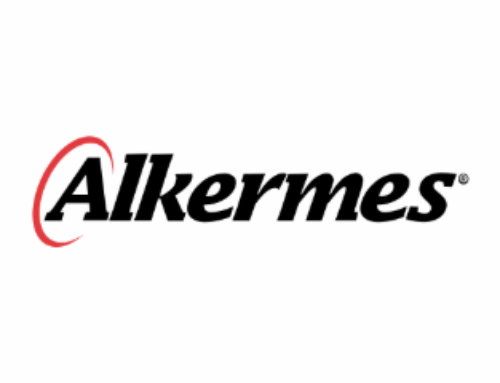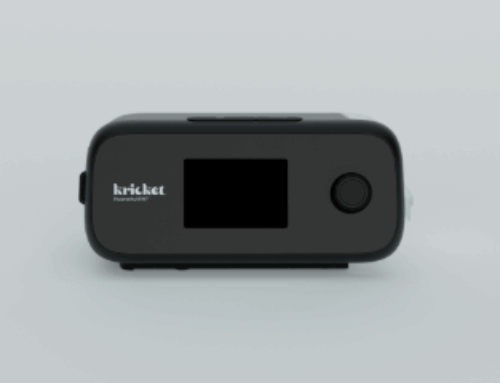By Michael S.B. Mak, MD, FAASM, and Stanley K.L. Wong, MD
We see that public interest in sleep health is consistently growing — no doubt supported by the AASM’s healthy sleep campaigns and advocacy from our membership. More than one-third of Americans have used an electronic sleep-tracking device. This growth reflects the rising proportion of patients who come to clinic with sleep tracker data in hand. There is more choice than ever in the consumer sleep and activity tracker market, which was estimated at approximately $30 billion in market size in 2024. With that in mind, we compare pros and cons of the popular sleep-tracking smartwatches currently available.
Apple Watch (Starting at $399 USD)
- Pros: The FDA-authorized sleep apnea notification feature is supported by the Series 9–11 and Ultra 2 devices. This flags potential moderate-to-severe obstructive sleep apnea (OSA) in people 18 or older by analyzing accelerometer data over a 30-day period. It acts as a screening alert — not as a diagnostic tool. Apple’s sleep staging algorithm relies primarily on accelerometer patterns. The company has released a technical paper detailing performance characteristics and limitations. The latest Series 11 watch reports a sleep score, which takes into consideration sleep duration, bedtime consistency, mid-sleep awakenings and sleep staging, alongside pre-existing physiologic monitoring.
- Cons: Battery life is still about 24 hours in the latest Series 11 watch.
Samsung Galaxy Watch (Starting at $349 USD)
- Pros: Samsung was first to market with FDA De Novo authorization for a sleep apnea feature. Watch 7, Watch 8 and Ultra Series devices can assess for signs of moderate-to-severe OSA in people 22 or older, after two nights of sleep lasting at least four hours within 10 days. This is not a diagnostic test. The intention is to empower people to seek medical care appropriately. Samsung Health software adds snore detection and recording along with sleep coaching. Battery is typically about 30 to 40 hours, depending on the model and settings.
- Cons: Like peers, formal polysomnography-grade staging precision is limited.
Google Pixel Watch/Fitbit watches (Starting at $349 USD)
- Pros: Validation work on recent Fitbit models shows decent total sleep estimates and better stage agreement versus polysomnography (particularly slow wave and REM sleep), which is acceptable for trends but not for clinical staging decisions. The devices also track sleep oxygen saturation.
- Cons: Battery is about 24 hours. No FDA authorization for sleep apnea screening compared to its peers.
Garmin Venu (Starting at $449 USD)
- Pros: The devices offer excellent battery life, roughly 10 to 14 days in smartwatch mode, and nap detection, a feature not readily available in competitors. They also have FDA-authorized atrial fibrillation screening. Independent studies of Garmin wearables show the familiar pattern: total sleep time is fair to good, staging is mixed; it is still useful for longitudinal self-tracking but not for polysomnography-level decisions.
- Cons: No sleep apnea screening.
Withings ScanWatch (Starting at $369 USD)
- Pros: Up to 30-day battery. FDA-cleared ECG and SpO₂ monitoring. Atrial fibrillation screening. Continuous temperature monitoring.
- Cons: No FDA-authorized OSA screening; sleep staging accuracy, like others, is adequate for trends, not diagnosis.
To sum it up, some smartwatches can screen for OSA risk (Apple, Samsung), track sleep timing robustly and offer helpful physiological tracking. None replace polysomnography or home sleep apnea testing for diagnosis. Due to their high sensitivity for sleep but lower specificity for wake, they generally overestimate total sleep time and underestimate wake after sleep onset. Like it or not, patients will increasingly come to us with sleep complaints and related tracker data — use them as a means to triage, motivate and monitor. Confirm with validated diagnostic tools when appropriate.
For concise, at-a-glance summaries of trending consumer and clinical sleep devices and apps, visit the AASM #SleepTechnology directory, an exclusive member resource updated regularly with new listings.
The AASM and authors have no affiliation with any products and do not endorse any products described here.
About the authors
Dr. Michael Mak is a sleep medicine specialist and staff psychiatrist at the Centre for Addiction and Mental Health in Toronto. Dr. Mak is an assistant professor in the department of psychiatry at the University of Toronto. He is a member of the AASM Emerging Technology Committee.
Dr. Stanley Wong is chief resident at the Centre for Addiction and Mental Health in Toronto. Dr. Wong is a psychiatry resident at the University of Toronto.





